Roughly 79% of dogs will eat grass at some point in their lives. In fact, it’s so common for dogs to eat grass that it’s a natural characteristic observed in most wild dogs. Two widely held misconceptions are that dogs will eat grass if they have an upset stomach, and that eating grass is a largely unhealthy canine habit. In truth, a minority of dogs will throw up after eating grass and most unsprayed grass is perfectly healthy for your dog’s digestive system. Below we’ll explain why dog’s eat grass, how to stop your dog from eating grass, and what you can do to make sure your dog is receiving essential vitamins and nutrients.
Top Reasons Why Dogs Eat Grass
Let’s tackle the most common misconception that people believe why dogs eat grass, which is that fewer than 25% of dogs that regularly eat grass will vomit afterwards, and less than 10% of dogs that eat grass are sick beforehand. So, if dogs aren’t eating grass with the intention to vomit afterwards, why do canines graze? Here are the most widely held beliefs that veterinary professionals have which can explain why dogs eat grass:
- Diet Deficiency — If a dog isn’t fed properly, they may eat grass to counterbalance their poor nutrition. A well-balanced and appropriate diet is essential for your furry friends’ everyday physicality and cognition. If you believe that your dog is nutritionally deficient, sprinkle a scoop of Dr. Bill’s Canine Ultimate Fitness & Health on their food.
- They Enjoy the Taste — Dating back to when they hunted their own prey, canines in the wild naturally crave grass as a part of their genetic makeup. This can explain why it’s instinctual for some dogs to enjoy the taste of grass.
- A Need for Fiber — Dogs need fiber in their diet to help them digest food properly and regularly pass their stool. Grass, which is full of fiber, may help food digest more easily as well as help regulate other normal bodily functions. Roughly 2.5% to 4.5% of a canine’s daily diet should come from fiber.
- Boredom/Anxiety — Dogs that experience anxiety may begin eating grass as a self-soothing coping mechanism. Fortunately, anxiety in dogs can be treated with Dr. Bill’s Canine Behavior Support. Additionally, if your dog is out in the yard alone, they may began eating grass as a method to combat boredom.
- Pica — Some dogs develop a behavioral problem called Pica, which defines the persistent chewing and consumption of non-nutritional substances that provides no benefit to the animal. In these cases, your dog will show signs of Pica by chewing on a variety of items, which includes grass.
How to Stop Your Dog from Eating Grass
As established, it’s generally not a cause for concern if your dog’s eating grass. However, chemicals in certain grass fields, rather than the grass itself, could lead to serious health issues in your canine. Additionally, certain parasites that live in grass could lead to infections if ingested. Below are a few methods you can utilize to stop your dog from grazing:
- Avoid their access to grass.
- Bring your dog to a vet to see if there’s any underlying health conditions.
- Designate a safe grazing area.
- Give your dog Dr. Bill’s Canine Behavior Support supplements.
- Improve their diet.
How to Improve Your Dog’s Diet
Ensuring that your dog is eating a healthy and well-balanced diet is one of the absolute best ways to prevent them from eating grass. Dr. Bill’s Canine Ultimate Fitness & Health is a super concentrated, fully balanced protein, fatty acid, vitamin and mineral supplement. It provides multiple specialty nutrients in support of a competent immune system, reduced inflammation, protection against free radical oxidation, to assist with normal digestion and utilization of nutrients, to aid in the nourishment and lubrication of joint cartilage and to protect eye, heart, and brain function in dogs of all ages. Canine Ultimate Fitness & Health improves pet wellness, increases activity, maximizes performance, helps push back normal age-related diseases, maintains physiological processes in a more youthful state, prevents them from eating grass, and ultimately allows our canine friends to live a longer, healthier, and more enjoyable life.
-
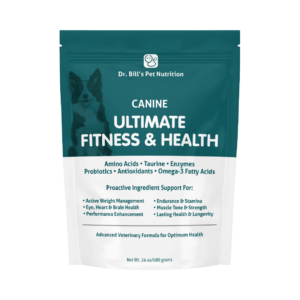 Canine Ultimate Fitness & Health$51.50 – $86.95
Canine Ultimate Fitness & Health$51.50 – $86.95
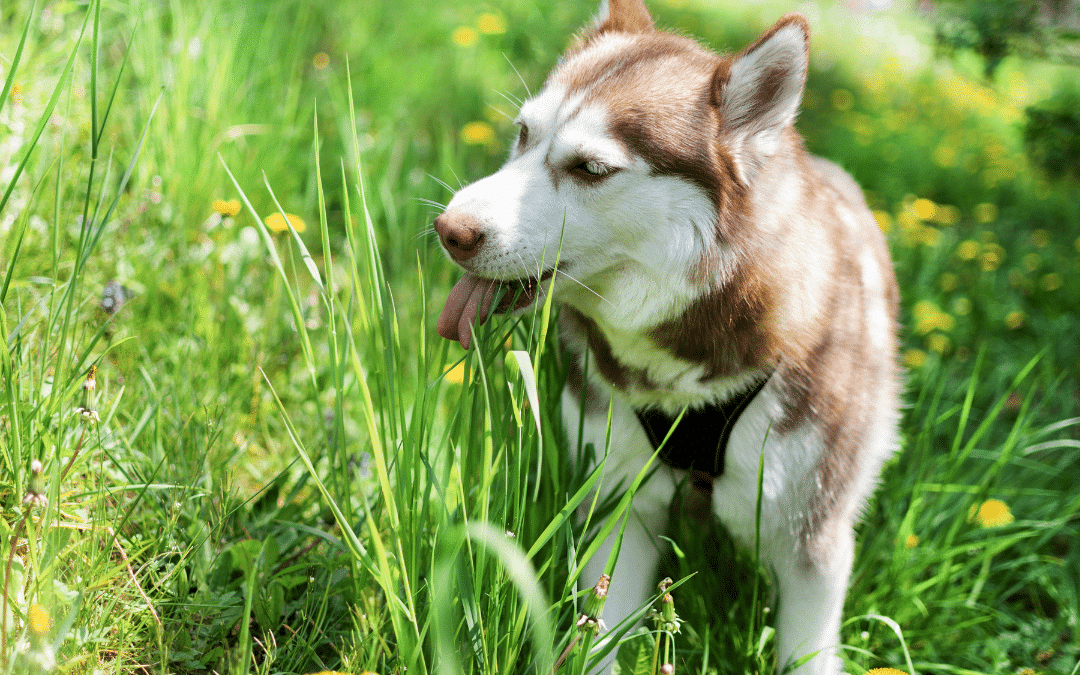
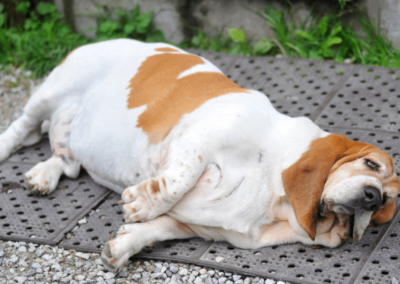
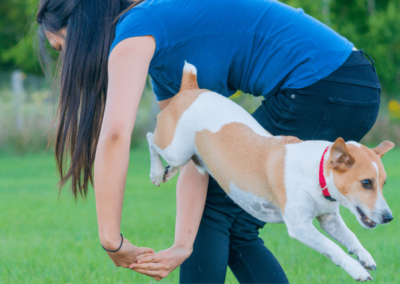
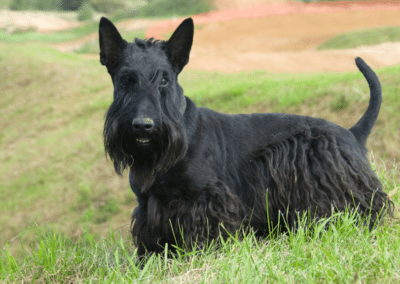

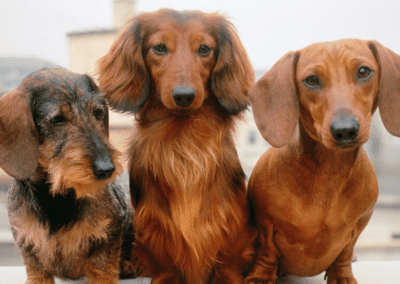
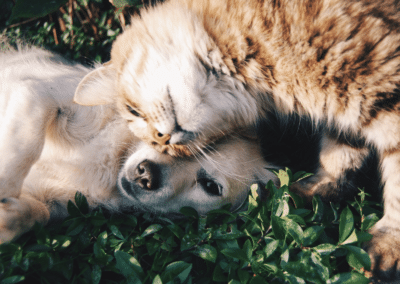
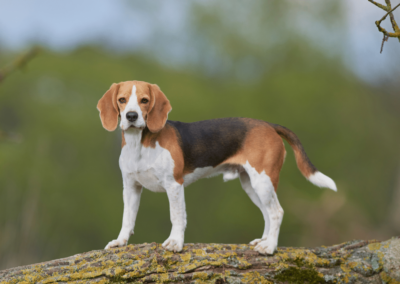
0 Comments